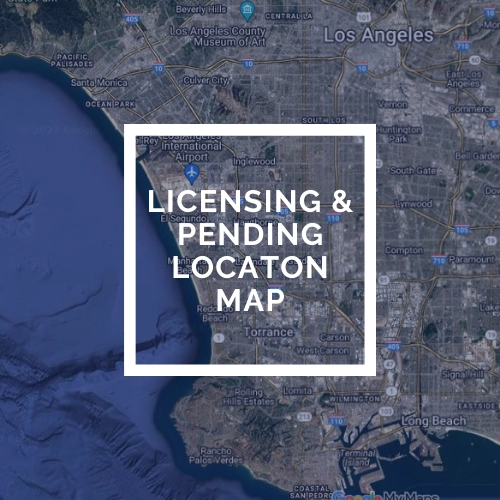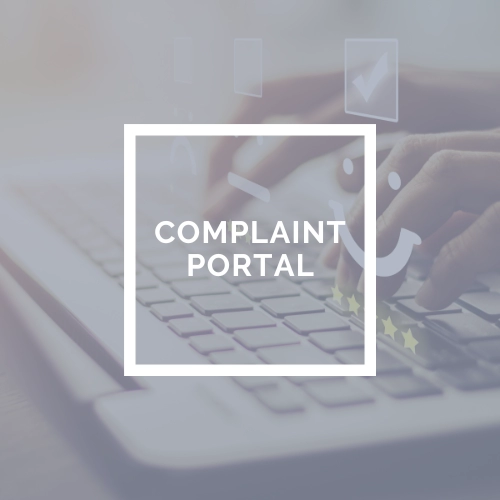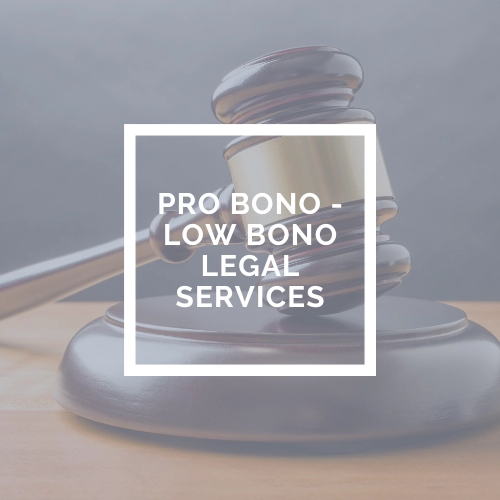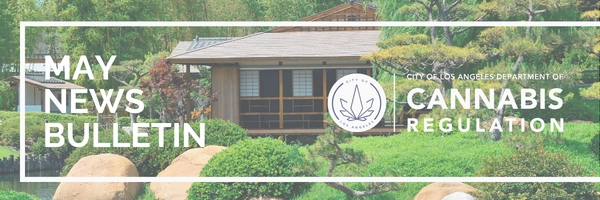
Greetings!
Last month, the cannabis community celebrated the 4/20 holiday. Sales on 4/20 are typically a boon for cannabis retail storefront and delivery businesses. This year, the holiday boosted sales in California with an increase in sales of 2.7 times the average Saturday business day, according to Headset. Cannabis retail businesses are typically small neighborhood businesses that employ people from the surrounding community. As such, support of local and legal retail stores uplifts communities and ensures public health and safety. DCR’s website hosts a map of local and legal retail stores here – remember to continue supporting your local, licensed businesses.
Last month in this publication, DCR announced that the first 16 Annual License applications were approved by the Cannabis Regulation Commission. Since then, a total of 43 Annual Licenses have been approved. Congratulations to these business owners.
As you may know, Mayor Karen Bass released the proposed 2024-2025 budget on April 22, 2024. DCR is grateful to Mayor Bass and acknowledges the hard work that went into this budget, the difficult decisions that had to be made and the sacrifices that need to be shared. Read more about the FY 24-25 proposed DCR budget below.
We wish all a happy and festive Asian American Hawaiian Native and Pacific Islander Heritage Month and a happy Mother’s Day to moms and mother figures who have served as caregivers and role models in our lives.
Regards,
Michelle Garakian
Executive Director
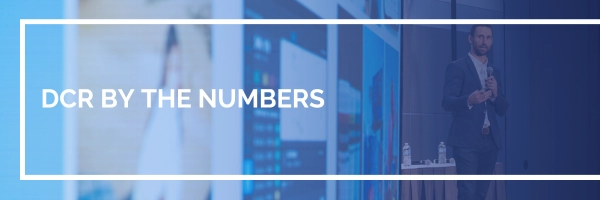

As of April 2024, DCR has issued 1,442 licenses for all cannabis business activities in Los Angeles. Of that number, 34% have been issued to Social Equity licensees.
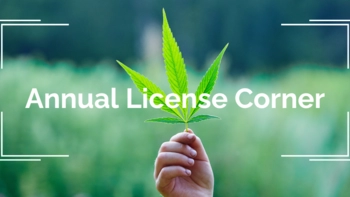
Retail and Non-Retail Annual Licensing Update
The Cannabis Regulation Commission (CRC) has considered 54 Annual License Applications and granted 43 of them. The remaining were continued to a later CRC hearing date. DCR expects to have nearly 120 Annual Licensees by the end of Spring 2024.
While the CRC continues its work, the Department has taken steps towards the Annual Licensing process for non-retail businesses with Temporary Approval. So far, the Department has issued Annual Licenses to 5 non-retail operators.
Congratulations to these Annual Licensees!
14901 Sherman Way, LLC 1539 Manchester Holdings, LLC California Compassionate Care Network, Inc California Herbal Remedies, Inc California Organic Treatment Center, Inc Cana Roots Canna Healthcare, Inc Cannatopia Gardens Cantodiem Dispensing Collective, Inc Cruz Verde, Inc Demeter Retail Group, LLC DTPG Collective, Inc Duvox, LLC Exclusive Caregivers of California, Inc Good Times Crenshaw, LLC The Green Earth Farmacie, Inc Green Earth Pharmacy, Inc Green Earth Vitality Corporation Greenhouse Herbal Center, LLC Healthy Herbal Care, Inc Herbal Solutions Southern California, Inc | Holistic Pain Relief, LLC Huntington Patients’ Association, Inc Ironworks Collective, Inc Koreatown Collective, LLC Kush Valley Collective KUSHISM, Inc The Living Earth Wellness Center Collective, Inc Los Angeles Valley Caregivers, Inc Los Angeles Wellness Center Marina Caregivers, Inc MMD, Inc Natural Remedies Caregivers Nature’s Cure, Inc New Apothecary, Inc Patients Against Pain, Inc Perrenial Holistic Wellness Center, Inc The Pottery Inc Safe Harbor Patient’s Collective, Inc Sherman Oaks Collective Care, Inc Superior Herbal Health, LLC Ten800 LLC Valley Herbal Center, Inc |
|---|
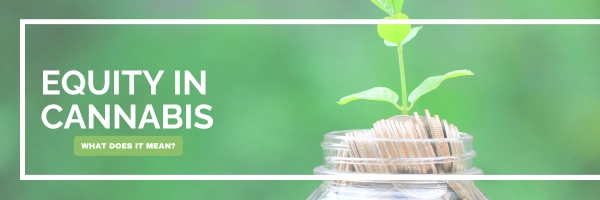
For decades, the failed War on Drugs saw communities of color and those of lower economic status ravaged by prohibition laws. The impact of this has had far-reaching and long-term adverse impacts on those targeted. The Social Equity Program (SEP) was adopted by the City Council in 2017 as a way to recognize these challenges and create equitable economic parity for those impacted. This program promotes equitable ownership of and employment in local cannabis businesses to begin to repair the harm caused by unequal enforcement of past laws. Under DCR’s regulations, a Social Equity Applicant qualifies for the Program by having a prior cannabis arrest or conviction, residency in a “Disproportionately Impacted Area,” and/or low income status.
What does the Social Equity Program do?
In short, the Social Equity Program creates and maintains a vast network of programs and services to help Social Equity individuals in the cannabis market. The programs are designed to meet social equity applicants and licensees at their stage of knowledge and learning needs.
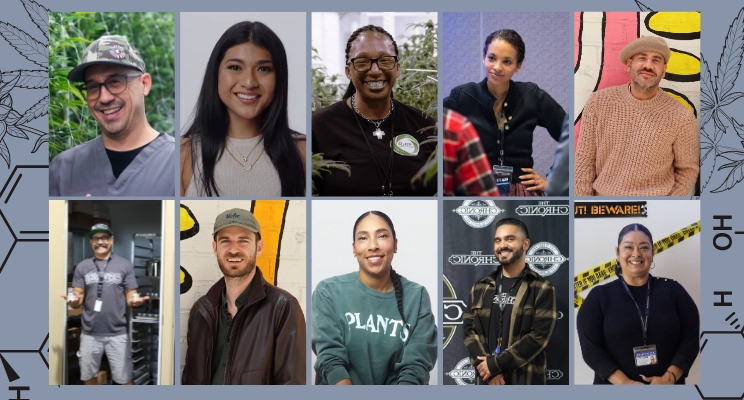
These programs and services are funding-dependent and take shape as:
- Pro Bono/Low Bono Legal Services
- One-on-One Business Coaching
- On-line, on-demand trainings via the Learning Management System
- Networking Events
- Job Fairs
- Fee Waivers
- Fee Deferrals
- Direct Financial Assistance through grants
As a result of these efforts, 34% of all active licenses belong to Social Equity operators. Furthermore, a $9 million investment in the DCR’s Social Equity Program has yielded over $40 million in business tax revenue from our Social Equity entrepreneurs alone.
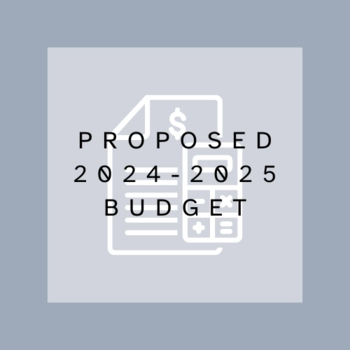
DCR congratulates and is grateful to Mayor Bass on the release of her second proposed City Budget as leader of the second-largest city in the country. Her budget highlights the importance and urgency of addressing the homelessness crisis, climate emergency, and propelling economic development within the city. In the Mayor’s 2024-2025 Proposed Budget, DCR received an overall 10% increase in funding from the Department’s special funds, as well as 2 new positions to support the Compliance and Enforcement Division. DCR’s sole General Funded position (TLH Admin Clerk) was eliminated- this position supports the City’s Cannabis Complaint Portal. Losing the position dedicated to maintaining the City’s Cannabis Complaint Portal may result in delays in routing and addressing complaints of any unlicensed locations throughout the city.
Unfortunately, the Proposed Budget does not include funding for the Social Equity Program which currently provides City Council mandated wrap-around services to verified Social Equity Individuals. The loss of this funding might mean an end to vital training and learning materials, business development coaching, and Pro Bono/Low Bono legal services- services that DCR contracts with a vendor to provide as city staff is precluded from providing this much needed business and legal advice. As DCR prepares its upcoming budget hearing on Monday, May 6, click here to learn more about the DCR’s initial budget request, the Mayor’s proposed budget, and the DCR’s DCR's response to the proposed budget. You may watch DCR’s budget hearing before the City’s Budget, Finance and Innovation Committee on Monday, May 6 starting at 9:00 AM here.
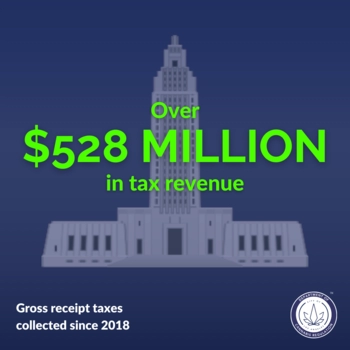
Since 2018, L.A.’s licensed cannabis businesses have generated over $4.5 billion in local economic activity and the City of L.A. has collected over $528 million in tax revenue.
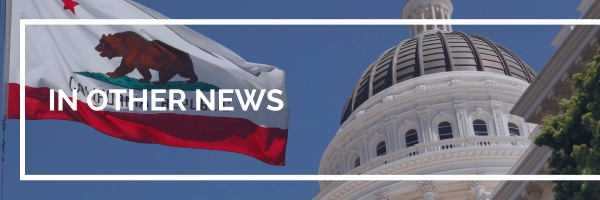
New State-Issued Cultivation Regulations
The California Department of Cannabis Control (DCC) adopted emergency regulations to implement Senate Bill 833. Under the new regulations, processor, nursery, or cultivation licensees can make a one-time change to their license expiration date. Additionally, cultivation licensees can now submit a request to either place their license in limited operations status or to reduce the size of their cultivation license. For more information, please refer to the DCC's website, or email info@cannabis.ca.gov.
Department of Cannabis Control: New Cannabis Dashboards
DCC also developed four data dashboards to display essential licensing, harvest, and sales statistics for the California cannabis industry. These dashboards transform raw data from DCC’s licensing and track-and-trace systems into valuable insights to inform consumers, cannabis businesses, policymakers, local government officials, and researchers. Compiling statistics from 2021, 2022, and part of 2023, users can now generate customized reports on various aspects including sales, pricing, harvest batches, and license types. If you have ideas on the types of information you would like to see on future data dashboards, or if you have other suggestions, please email the DCC at info@cannabis.ca.gov.

Mark your calendars.
DCR’s next Q&A Virtual Lunch webinar is set for 12:00 PM, May 22, 2024. To RSVP and pre-submit questions, click here. To join the webinar, click here.
Also, on May 7, 2024, the Social Equity Programs will host a live webinar for verified Social Equity Individual Applicants (SEIAs). This webinar, titled “Assessing Business Readiness,” will explore key factors for cannabis businesses when evaluating preparedness for success and growth in the City of Los Angeles. SEIA’s can reach out to DCR.SEP@lacity.org to sign up.
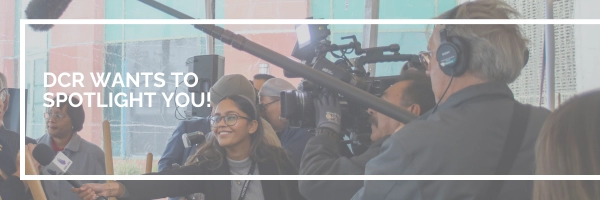
DCR wants to let the public know about the grand opening of your retail store. Tell DCR about it and it’ll be shared it in our upcoming publications. Email us at cannabisnews@lacity.org
Don’t forget to follow us on social media:



